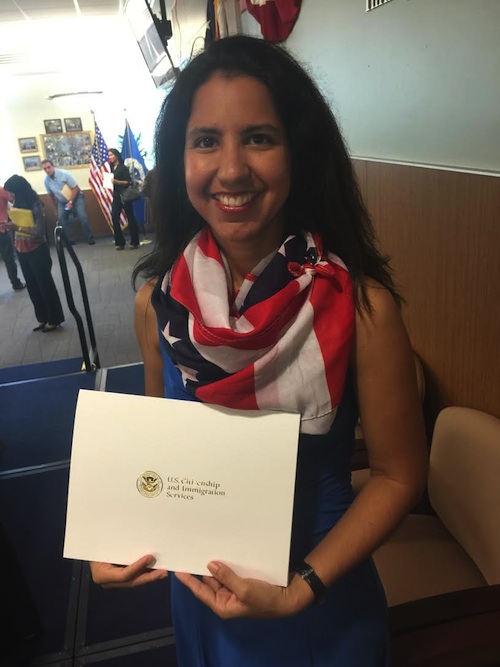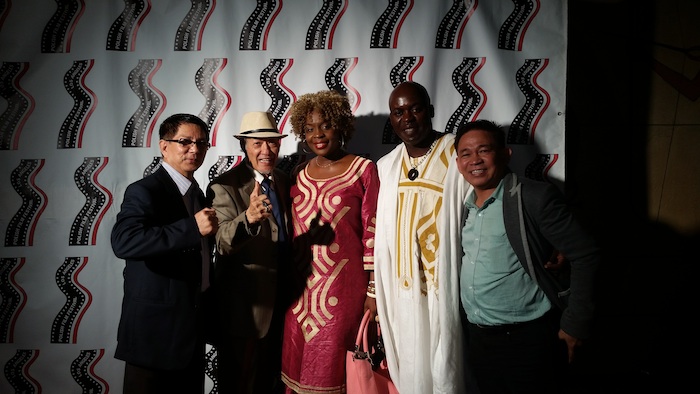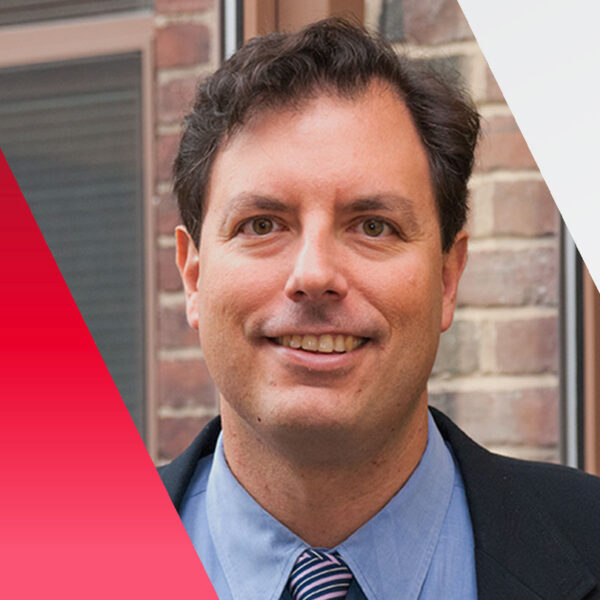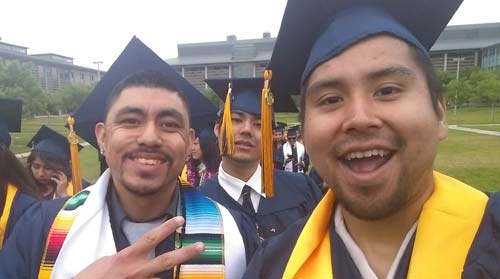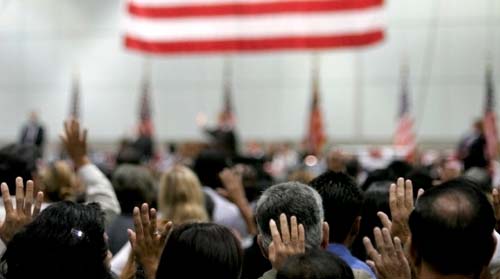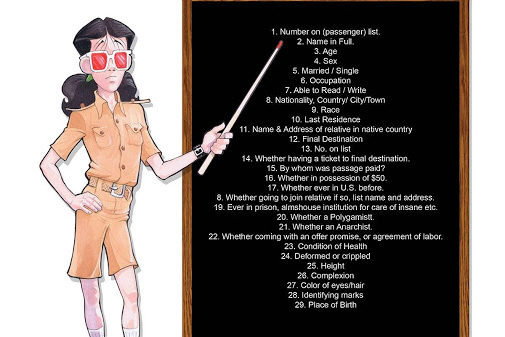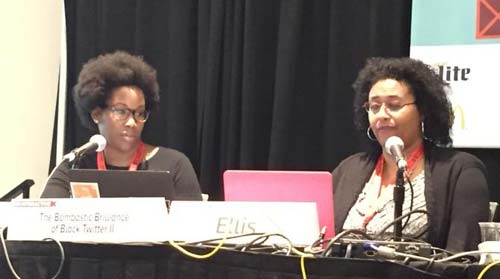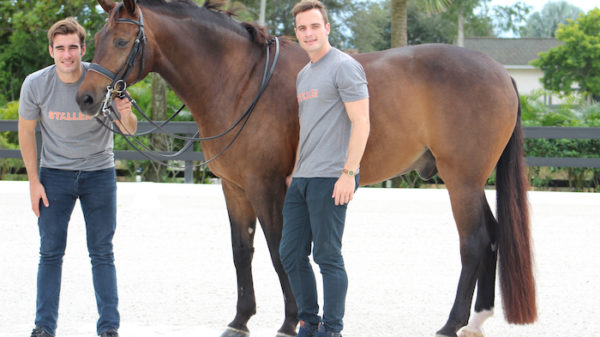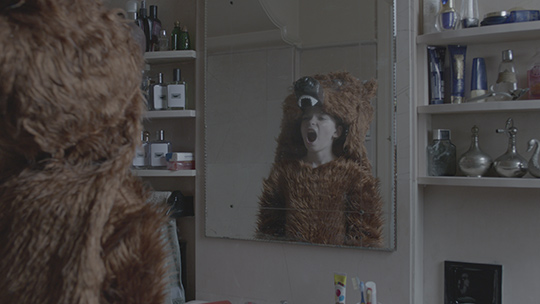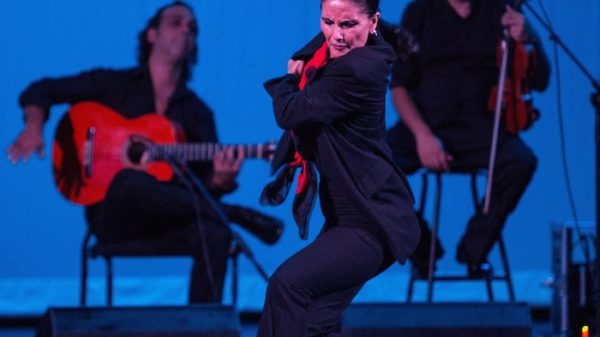TIM,The Immigrant Experience, Feature, Carolyn de Paula
 I’ve waited months for this day. After hundreds of dollars, hours with my husband studying and poring over forms, getting quizzed by my 11-year-old son, driving an hour-and-a-half each time to this USCIS (United States Citizenship and Immigration Services) office to get fingerprinted, then interviewed, I’ve made it. I’ve been approved for eligibility, passed the background check, citizenship test, and English tests. Today, I’m not nervous. I’ve arrived. Today is the day I’m becoming a U.S. Citizen.
I’ve waited months for this day. After hundreds of dollars, hours with my husband studying and poring over forms, getting quizzed by my 11-year-old son, driving an hour-and-a-half each time to this USCIS (United States Citizenship and Immigration Services) office to get fingerprinted, then interviewed, I’ve made it. I’ve been approved for eligibility, passed the background check, citizenship test, and English tests. Today, I’m not nervous. I’ve arrived. Today is the day I’m becoming a U.S. Citizen.
The gleaming USCIS building looks more cheery than usual, abuzz with people and a certain degree of anticipation in the air. It’s the third time I’m visiting this office. It’s shaped like a torso with two arms branching out of it. The first time I came in for fingerprints was in the left arm. The second time was for the interview, where I waited more than an hour and a half in the right arm section making small talk with a Jamaican, two Cubans, and a Haitian. Today, I’m in the torso, the heart of the place where the ceremony will be taking place.
After some pleasant conversation with the friendly man at the information desk, I’m directed to a booth where I hand in my permanent resident card. This card had been with me for 10 years – we were virtually inseparable. It seemed strange to let it go so abruptly.
A small group of us are ushered into a large room with a stage where more than a hundred people are seated. I smile as I walk in, handing in my papers to the usher. We have a brief exchange, and he grins widely. To my surprise, he turns to his right and exclaims to a group of officials in a corner of the room, “She’s perfect!” Puzzled, I see him turn towards me and with big smile he says, “Nice scarf! Very patriotic. Would you be willing to volunteer?” I’m wearing a cobalt-blue dress with an American flag scarf. Willing to volunteer? What can he mean? Immediately, I’m reminded of the questions on the forms – yes, I’d be willing to volunteer serving the U.S. government, I think. “Yes,” I reply, surprised at yet another question on the day of the ceremony. Weren’t we done with questions at the interview? Instead, he says, “Thank you, that’s great!” and instructs me to talk to another, clearly cheerful group of people. Now? That was fast. I wasn’t sure what they were talking about. If I had waited, oh, 11 more days to submit my application, I may not have needed to swear I was going to bear arms and defend the United States.
Instead, another friendly officer takes all my papers from me and invites me over to the stage, thanking me profusely for volunteering and explaining what I was about to be asked to do.
Twenty minutes later, it all begins. The officer struts on stage, rustles a few papers, and clears his throat. The room grows absolutely still as I sit there on stage, behind him, beaming. With a welcoming demeanor, he talks about what it means to be an American, to participate in this great country of ours, to be able to vote, to be able to take part in this great democracy. He introduces me, a woman from Aruba, who today is going to become an American citizen like each one of them. I stand up and smile. This is it, I thought. There’s no turning back. I’m ready.
I’m taken back to the first time I sat in an English class with about 20 other students – no A/C but we didn’t care. We had the constant tradewind breezes. I was 12 years old and so excited to learn the language I had heard my parents speak on numerous occasions to colleagues and tourists alike. “Win-dow,” our teacher had us repeat a few times as she was pointing to the eyes of a house drawn on the chalkboard. English was to become my favorite foreign language.
We all sit back down and a paunchy, middle-aged man steps forward to deliver an impassioned speech about his “crazy” grandparents coming into the United States to build a life there. How he served in the military and how he’s proud to be an American. I shift in my seat. I want to do this country proud too. From “win-dow” to being asked to read important documents in English out loud for everyone to hear on an important day, I have come a long way.
It’s 1996. I was 19 and more innocent and naive than I should have been, hugging my parents goodbye much, much quicker than I should have in a bleak but gleaming air-conditioned hall which felt too cold. At the brandnew Panther Hall at Florida International University, little did I know then I was permanently saying goodbye to living on a tiny island with everything one could hope for to achieve happiness: friendly people who speak at least three languages, beautiful beaches, insistent sun, a variety of gourmet restaurants to choose from, a top-notch K-12 education and a quality of life most people around the world would envy. A desert-like island of unique beauty with a blend of Caribbean, European and Latin American cultures.
As much as I loved my island, I knew then, even at the delicate age of 19, that I wanted a change. After having spent a near-idyllic childhood, I was thirsty for change and adventure. I had no idea my future husband was setting up his furniture in the dorm room opposite mine. We were inseparable, he and I. Everywhere I went, there he was. Everywhere he went, there I was. Tall, dark, and handsome and only 17 years old when we met, his name was Billy. To me he was as American as, well, apple pie, which is really German. I was to find out later Billy’s part German too, and a product of immigrants. His father was Cuban-born and his mother a granddaughter of German and Irish immigrants.
We watch a brief video on the history of the United States, where we are taken from the Native Americans to the Founding Fathers to the Civil War to the present. The video on the immigrant experience in America touched me the most as I remembered stories my mom told me about my maternal grandparents arriving at Ellis Island back in the early twentieth century. How they must have been in awe of the great Statue of Liberty welcoming them to a new land. It was not to last, as The Great Depression struck them hard and forced them to move out of New York to settle again in the land of my grandfather’s origin, Aruba. I felt today as if I were completing their journey and settlement, that I was now committed to growing roots in this vast country of hope and adventure and finish what they had started.
Madeleine Albright appears in the next video and relates how she was an immigrant who came from Czechoslovakia at the age of 11. She reminds us this is the land of opportunity, a country where an 11-year-old immigrant can grow up to become U.S. Secretary of State. This remarkably intelligent and determined woman’s story shows us all what we could be if we truly wanted to and if we’re willing to work for it.
The man who had led the earlier speech hands me my naturalization certificate ceremoniously as the whole audience clapped. I stood, smiling in my blue dress with the American flag scarf and soaking in the significance of my becoming an American. My family: Billy, my 11-year-old son who helped quiz me on my citizenship test, and my youngest daughter were sitting all the way in the front, surrounded by future immigrants. All my three children were born in this country, but at this moment, at least I know my son will realize the worth and responsibility of his being a citizen.
Then, solemnly, each country of origin is called out loud and each of the 144 people stands up. I’m the first. I was never so proud as to represent Aruba at this moment. I was the only person from the Dutch Caribbean island. The Master of Ceremony (MC) says my name again and I’m called upon to lead the whole audience in a first Pledge of Allegiance as American citizens. I read each line slowly – as I was instructed – pausing to have everyone join in and repeat. As I was reading, I let the words sink in, silently verifying their meaning. Yes, yes I agree. It was an honor to have been chosen for this moment.
President Obama is on a big screen welcoming us, newly naturalized citizens, as fellow Americans. The good people at USCIS encourage the crowd to sing along in a rousing “I’m Proud to be an American” as we all wave our small American flags. My four-year-old gets a kick out of it as she brandished two flags at once. The atmosphere is thick with emotion, but also with a palpable sense of celebration and relief. In the words of one of the speakers, we will never forget who we are or where we came from and we will never lose our heritage, but we are now all Americans.
Carolyn De Paula is a freelance writer who hails from the Dutch Caribbean island of Aruba. She enjoys doing research, reading books and learning about pretty much anything. She recently became a US Citizen and is eager to flex her newly American muscles in the voting arena next year. Carolyn lives with her husband, the artist William De Paula, their three children and two dogs.
Contact Carolyn at carolyndepaula@gmail.com.

